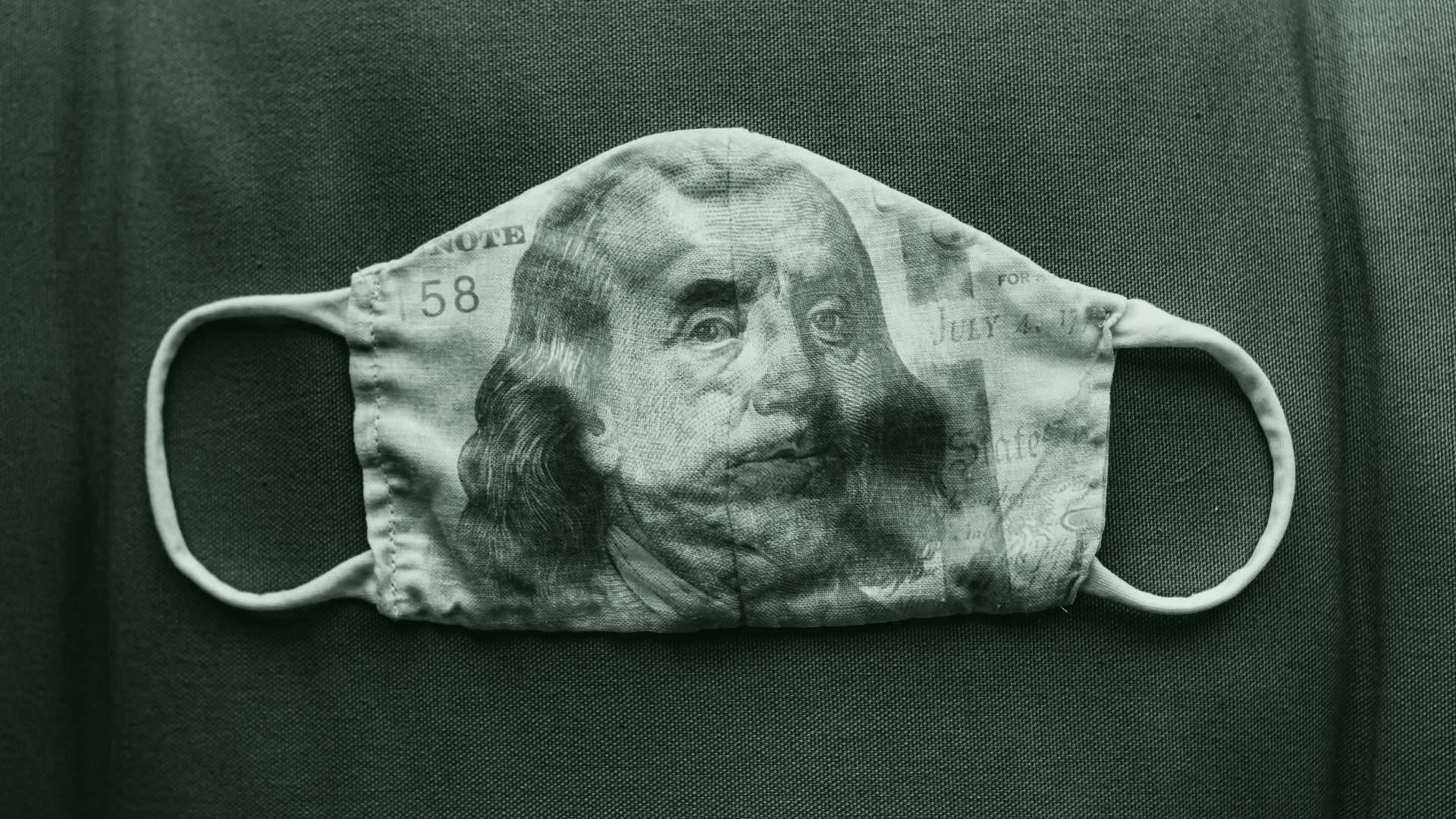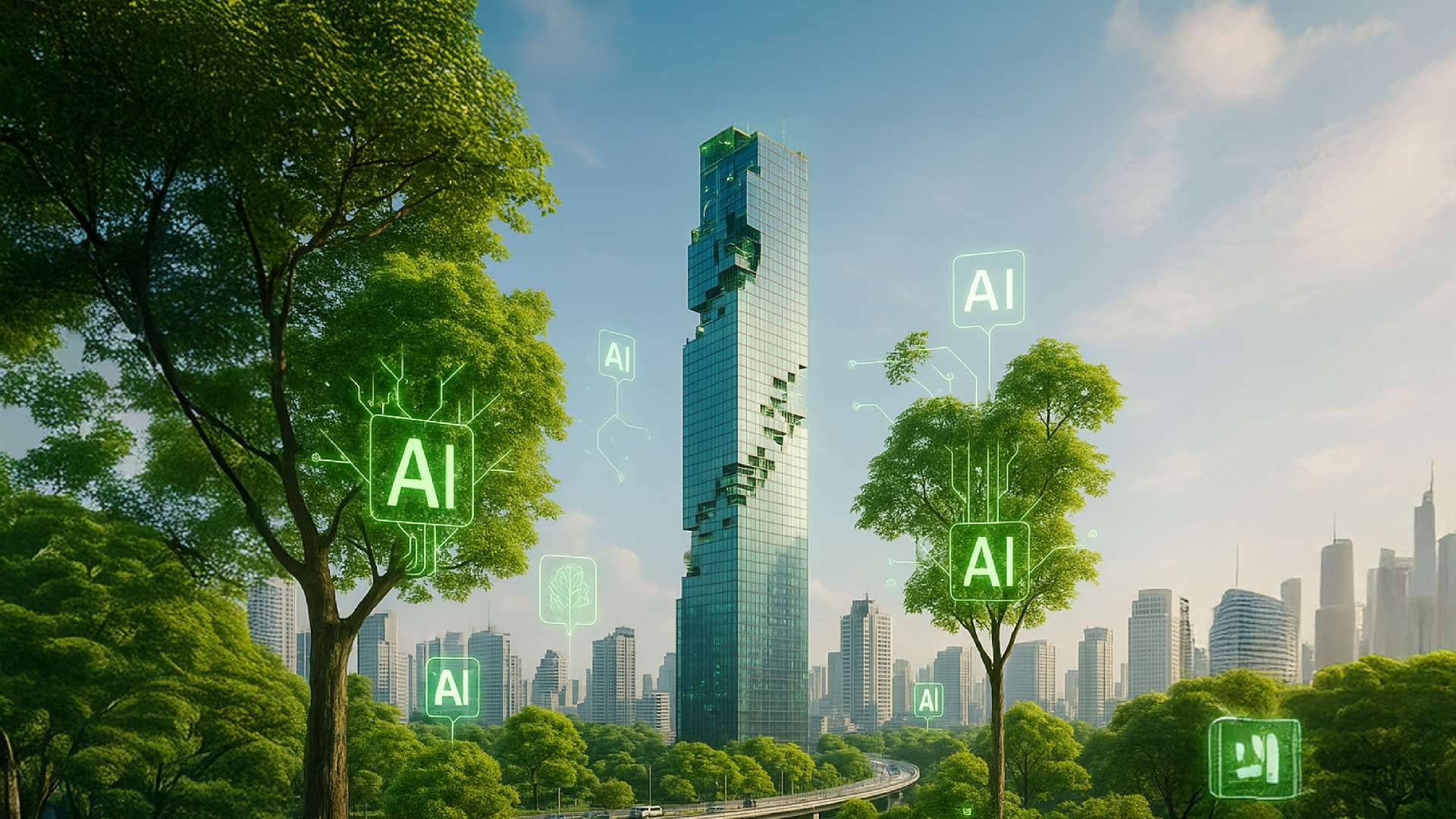
Universal Basic Income
ARTICLES | Mar 31, 2021
If everyone had a monthly income, how would that affect society?
A Universal Basic Income (UBI) would give everyone a free salary to live on even when out of work.
The idea has been around since about 1800 and has developed into a variety of models. Psychiatric research in the mid-20th century on preventing mental illness suggested that a guaranteed minimum income could reduce violence against women and children in low-income households.
UBI could also help prevent inflation. Finland experimented with giving 2,000 unemployed people a basic income of 560 euros/month (about 20,600 baht) in 2017 and 2018. The basic income didn’t increase employment opportunities but enhanced their well-being, contribution to society, and interest in owning a business or seeking new knowledge. Participants, above all, were less stressed and had a more positive view of government welfare.
Implications for the future
- The COVID-19 pandemic has raised interest in UBI. In an economic change or extreme situation, this system could keep society peaceful and drive the economy.
- This model makes society more equal, improving the availability of resources in the labor market.











